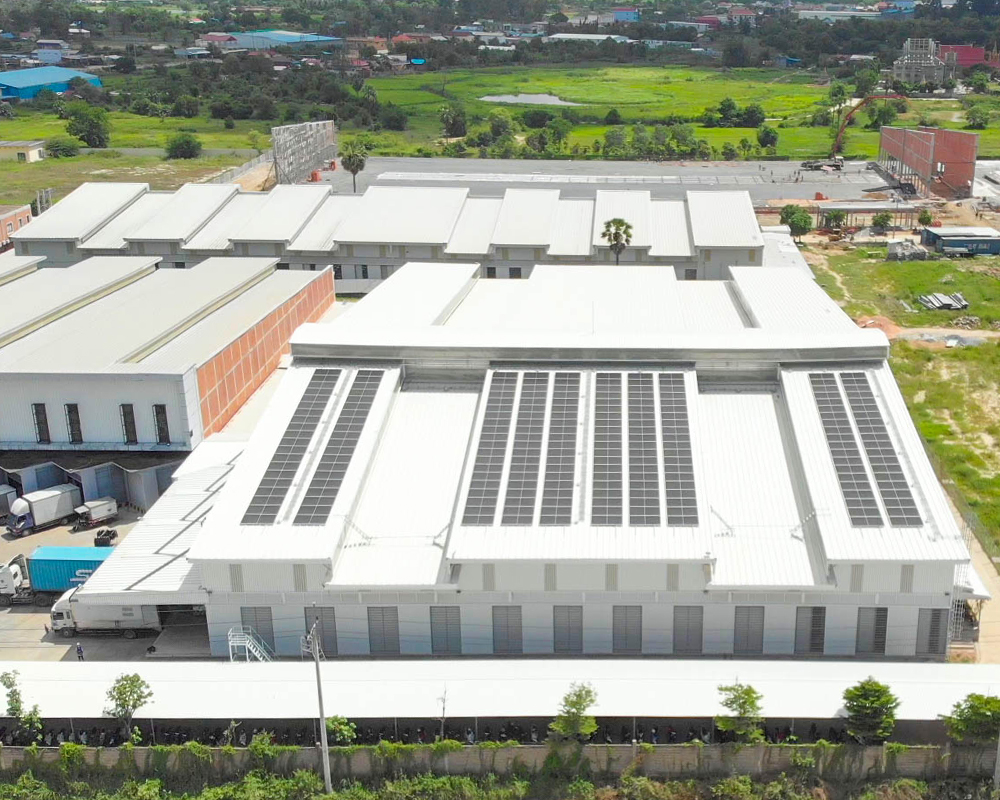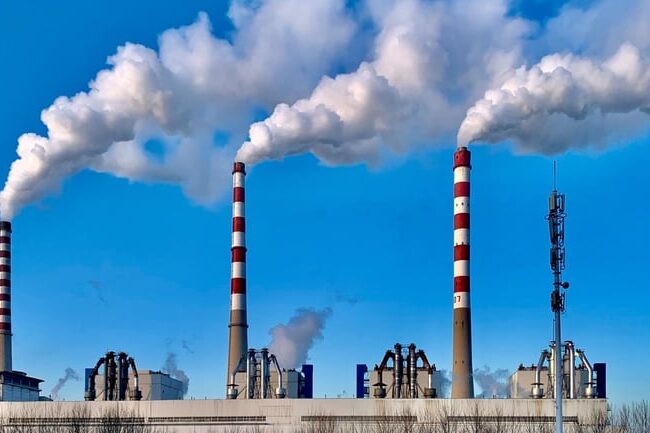
Energy Secretary Wants DOE Loan Office to Prioritize Nuclear Projects
[ad_1]

The U.S. Dept. of Energy’s Loan Programs Office will continue supporting nuclear projects, Energy Secretary Christopher Wright said June 10 while testifying before a House subcommittee about his proposed budget. But other types of projects that have received office support such as wind, solar and electric vehicle-related manufacturing may be on their own going forward.
The office provides loans and loan guarantees supporting innovative energy projects that might struggle to find financing from traditional sources. Its programs can boost energy projects using new technology, those that deploy clean energy, and those that will manufacture fuel-efficient vehicles, tribes’ energy projects and shared infrastructure for transporting captured carbon dioxide.
The White House budget request for the Energy Dept. totals $46.3 billion, which would mark a cut of about $3.5 billion, or just over 7%, from the current enacted level. The proposal includes $750 million in credit subsidy for the loan office to support development and deployment of commercial nuclear technologies, Wright said. But it also includes cuts to other programs, records show.
“It is deeply concerning how many billions of dollars were rushed out the door without proper due diligence in the final days of the Biden administration,” Wright said during the House Committee on Energy & Commerce’s energy subcommittee hearing.
House Republicans’ budget reconciliation bill would rescind unobligated loan office funding that had been set in the Inflation Reduction Act. The 2022 law set billions of dollars for various energy related programs.
When asked about the cuts, Wright said he considers the action “a helpful tool to launch nuclear energy.”
Wright also named nuclear as a continued focus for the Energy Dept.’s national labs, along with advances in computing and artificial intelligence.
“Our nuclear innovation as a nation began with the Manhattan Project, and the next Manhattan Project is clearly AI,” Wright said. “DOE has a significant role to play in driving AI innovation for scientific discovery and national security.”
Wright said the department is undergoing a review of its financial assistance and touted its recent announcement that it canceled 24 awards totaling $3.7 billion for various carbon capture and other decarbonization projects.
“These projects failed to meet the economic, national security or energy security standards necessary to sustain DOE’s investment, and the taxpayers should not be forced to subsidize them,” he said.
Some lawmakers grilled Wright over the changes in department priorities and how that will impact projects.
Rep. Kathy Castor (D-Fla.), ranking member on the subcommittee, said that without LPO’s assistance, project owners who relied on it because they can’t get traditional financing will walk away. She highlighted two canceled projects that had received LPO offers, the $1.25-billion KORE Power Inc. battery plant in Buckeye, Ariz., and Aspen Aerogels Inc.’s $325-million EV battery component plant in Statesboro, Ga., and said more production would move overseas without government support.
“This dysfunction at the Department of Energy is killing investment in America,” Castor said.
She also raised concerns about the department’s focus on “dirty power sources.” Wright said that the administration is committed to using coal, oil and natural gas.
“We will invest DOE’s resources in sources and technologies that support affordable, reliable and secure energy, and provide a return on investment for American taxpayers,” he said. “We will return the department to its core mission, and eliminate spending on projects that fail to provide such a return, fail to advance our energy needs and fail the test of economic viability.”
[ad_2]
Source link
Post a Comment
You must be logged in to post a comment.






